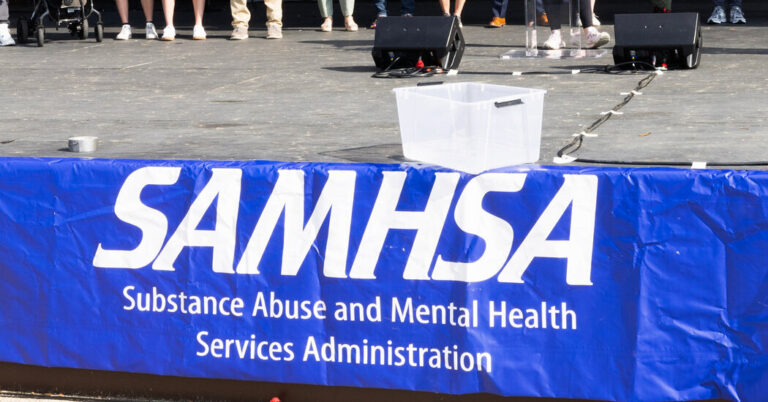As the Trump administration moves to dismantle international public health safeguards, pull funding from local health departments, and legitimize health misinformation, some experts now fear that the country is setting the stage for a long-term measles resurgence.
If federal health officials do not change course, large multistate outbreaks like the one that has torn through West Texas, jumping to neighboring states and killing two people, may become the norm.
Measles was officially eliminated in the United States in 2000, but the speed at which the Texas outbreak has grown and the fact that it has already jumped to other, under-vaccinated communities makes it very likely that the United States will lose that status.
Recent events have made it seem increasingly likely that the conditions for an outbreak to occur in the United States are being met. Efforts to control the spread of measles internationally have been disrupted by the Trump administration’s withdrawal from the World Health Organization, which runs a network of more than 700 laboratories that track measles cases in 164 countries.
A large measles outbreak that spread through parts of New York State for nearly 12 months nearly cost the country its elimination status in 2019. The outbreak was contained in large part because of aggressive vaccine mandates, which helped substantially increase childhood immunization rates in the community.
The current outbreak in West Texas shows no signs of slowing, with more than 480 cases in the area and 56 hospitalizations since late January.
Measles is no longer considered eliminated if a chain of infections continues for more than 12 months. Public health officials in West Texas have predicted the outbreak will continue for a year.
The country does not meet the 95 percent vaccination rate required to stem the spread of the virus in a community.
A judge temporarily blocked the Trump administration’s funding cuts to local health departments after a coalition of states sued the government.
Development of the country’s measles vaccine has saved more than 20 million lives since 2000, but the current outbreak has caused widespread concern among experts.
Roughly 93 percent of children in kindergarten had the MMR shot in the 2023-24 school year, but vaccination rates are unevenly distributed, with some communities having rates around 80 percent and others closer to 99 percent.
If the country does lose elimination status, its unlikely that infection rates will resemble those of the pre-vaccine era, when measles infected nearly every child by age 15.
But it would be likely to mean more frequent and larger outbreaks that make life riskier for society’s most vulnerable: babies too young to be vaccinated, and immunocompromised people.
Source link




